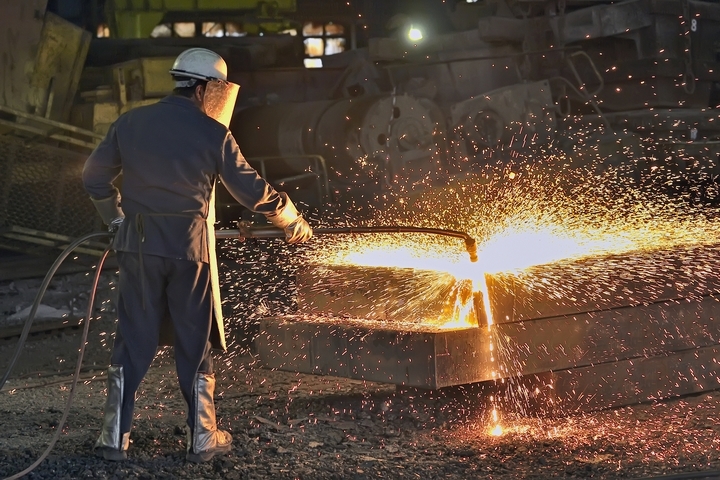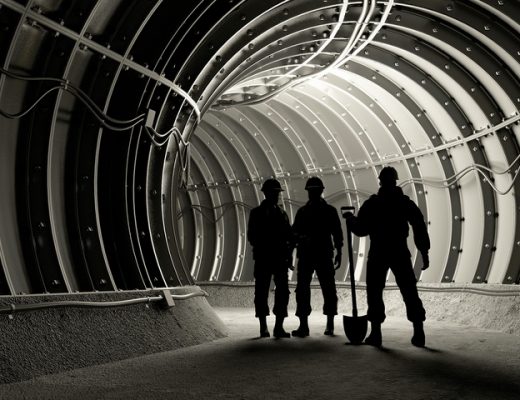There are some aspects of metallic material in our society that are interchangeable. While most of us know about the general uses of iron or steel, many may not realize the vast differences. It is, then, interesting when you put the two materials into the spotlight. There are various ways in which you can dissect them.
Characteristics of both steel and iron can come into play virtually any time. However, there are still some distinctions that are worth discussing. You will find many practical applications of both materials when put into practice. Let’s compare and contrast steel and iron in much better detail.
Steel vs Iron: Metallic Foundation

Metal is typically a solid material with various characteristics. They can be shiny, malleable, or durable. Metal can also act as a great conductor, which allows electricity to run through it.
As far as iron and steel are concerned, there are major differences between the two. Steel is an alloy that combines iron and carbon elements. Metal, then, can be an alloy on itself or a pure element on its own. While many other scientific and engineering-based aspects exist, the foundation is simple.
Steel vs Iron: Durability
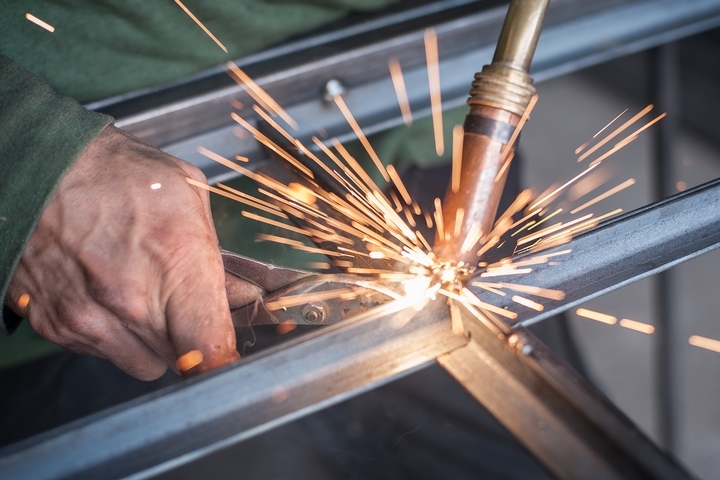
As mentioned previously, many aspects of metals, or elements that makeup metal, have to do with durability. Some are much more hardened than others, allowing them to be used for major construction projects. Steel, for example, is one of the strongest elements for these types of projects in society.
However, when it comes to iron, many may not realize just how brittle it is. Iron cannot stand next to its steel-based counterpart when it functions independently. Moreover, the distinctions carry over to other aspects, such as stability or magnetism. It is why steel is the preferred choice to use in this scenario.
Steel vs Iron: Extraction Strategies

Locating both steel and iron can be rather distinct. That is mainly due to one being found naturally while the other is physically manufactured. Iron has been extracted from the earth in many ways throughout history. Moreover, it can be recognized as a pure substance because our planet naturally produces it.
Extracting steel is a completely different ballgame, on the other hand. Since it is manmade, extracting it has to result from processing first. Therefore, the two extraction tactics for steel and iron are vastly different. It makes them both special once they are put into a practical situation!
Steel vs Iron: Production
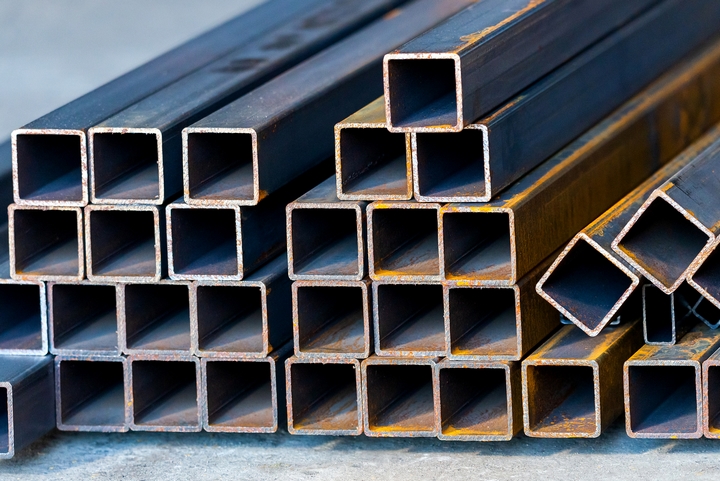
When it comes to the manufacturing uses of steel and iron, the history is a bit different than you’d expect. Historically, iron has been used by blacksmiths for centuries. The manufacturing process originally involved a process known as smelting. Smelting was the process in which iron-based ore was melted down.
The purpose was to melt down the ore to just the right amount so that iron could be extracted. The process became more meticulous until iron became a component of many practical products. On the other hand, steel took the best parts of iron and then used it in virtually any major construction project you see today. Many steel suppliers work across different industries.
Steel vs Iron: Compounds
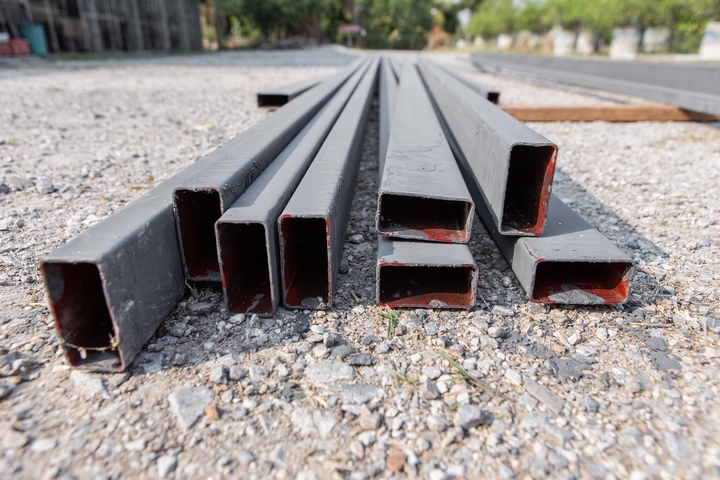
What makes steel, so incredibly versatile is its ability to be merged with a large array of elements. This allows it to be used in many different sectors of society. From healthcare to construction, you would be surprised to find many steel applications in different ways. Once combined with another element, the result is a useful compound.
Steel compounds are then used in a larger array of projects as well. Typically, there are over two thousand steel grades, each of which can create a compound or remain on its own. Moreover, each steel grade has unique properties, further bolstering its uniqueness. Compared to iron, adaptability is much more worthwhile!
Steel vs Iron: Other Uses

Steel is one of the most used materials in our current day and age. It is applied in every major project, from constructing massive buildings to cargo containers. Do not let this discount the importance of iron, however.
For example, when it comes to diet, the right amount of consumable iron is necessary for our well-being. Since we cannot consume steel because it is a manmade compound, iron holds that special dietary distinction. While we may not necessarily think much of steel and iron daily, their functions and purposes are undeniable!

